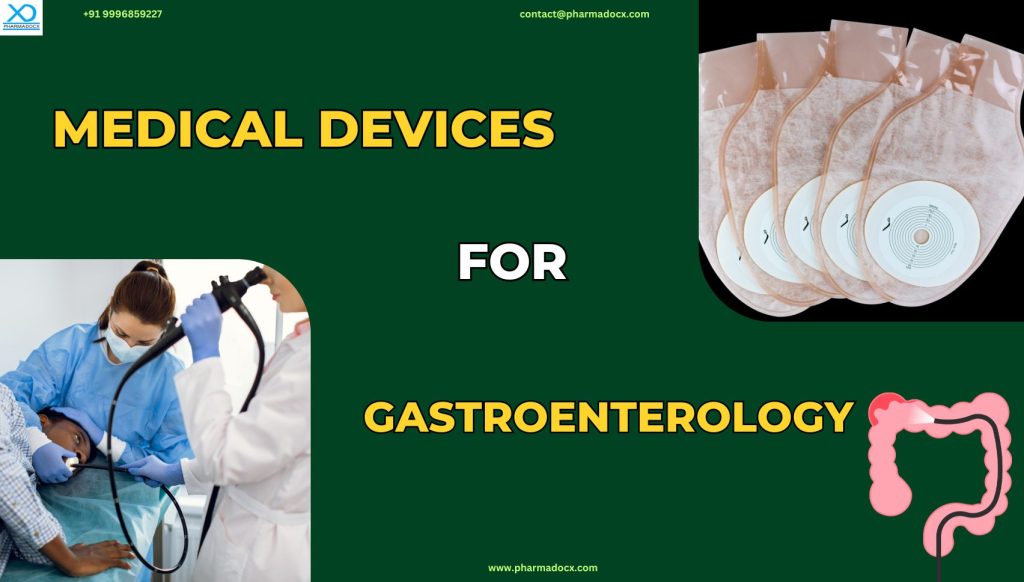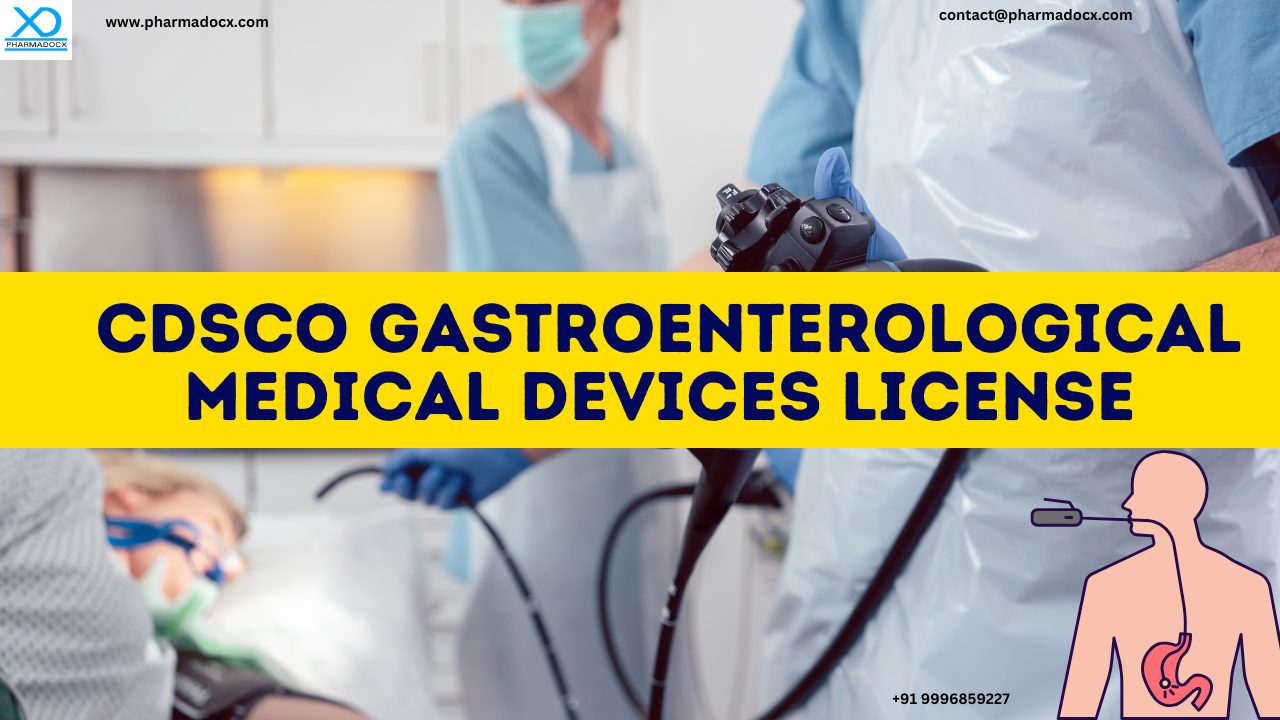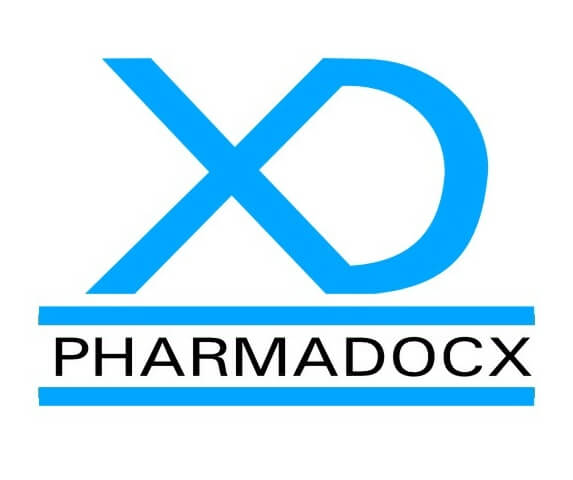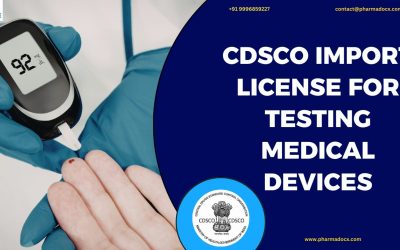Gastroenterology is a field of medicine specifically focused on the digestive system and its associated disorders. Colonoscopy, stool test, barium swallows, and endoscopy are some of the common tests performed by gastroenterologists. Hence, special equipment and medical devices are required in this field of medicine. Gastroenterological medical devices have a pivotal role in the field of gastroenterology. Thus, their quality, efficacy, and safety will have a considerable impact on patient prognosis and outcome. Therefore, CDSCO, the apex medical device regulatory body, has formulated stringent guidelines for these devices. Compliance with CDSCO guidelines is mandatory to market gastroenterological medical devices in India. Manufacturers/importers are required to secure CDSCO gastroenterological medical devices license. Hence, we have created a detailed guide to help you navigate the CDSCO medical device license application journey.
Specialized medical devices for gastroenterology
Gastroenterology focuses on disorders-related to esophagus, stomach, gallbladder, small intestine, colon and rectum, bile ducts, pancreas, and liver. Basically, all normal activity and disease of the digestive organs fall under the purview of gastroenterology. Gastroenterologists are physicians with dedicated training for managing diseases of the gastrointestinal tract and liver. Hepatitis, gastroesophageal reflux, peptic ulcer disease, colitis, and pancreatitis are some of the common diseases they deal with. Moreover, a detailed understanding of the physiology of the gastrointestinal organs is required to treat the patients suffering from gastroenterological disorders. Thus, specialized gastroenterological medical devices are required to diagnose and treat these patients.
Medical devices have to be used for monitoring or managing diseases of the gastrointestinal tract. Colonoscope, enteroscope, duodenoscope, gastrointestinal stents, gastroduodenoscope, pancreatoscope, sigmoidoscope are some of the common specialized medical devices for gastroenterology. Additionally, guidewires, feeding tubes, gastric balloons, clips, and probes have important roles in gastroenterology. Furthermore, non-invasive and minimally invasive devices are being given preferences.
India is witnessing a surge in demand for gastrointestinal treatments due to increase in urbanization and changing dietary habits. Change in dietary habits owing to urbanization is adversely impacting digestive health. Hence, the number of gastroenterological treatments, including endoscopic procedures and surgical intervention, administered is markedly rising in India. These treatments are necessary to manage and improve underlying gastrointestinal conditions. Thus, this trend is driving the demand for specialized medical devices for gastroenterology. Hence, Indian medical device manufacturers/importers can tap into the potential of the gastroenterological medical devices sector. This sector seems to have a promising future, given the demand for specialized gastroenterological treatment in India.
Securing the CDSCO gastroenterological medical devices license in India
To manufacture gastroenterological devices in India, you have to secure the CDSCO medical device manufacturing license. On the other hand, to import gastroenterological devices into India, you have to secure the CDSCO medical device import license. To secure these licenses, you have to abide by the CDSCO regulatory guidelines. Furthermore, an understanding of the CDSCO medical device classification system is required to proceed with the CDSCO license application process.
Understanding the CDSCO gastroenterological medical device classification system
Based on the risk level associated with their intended use, the CDSCO has classified medical devices into four classes, A, B, C, and D. This CDSCO medical device classification system has been formulated to simplify the medical device license application process. Specific application processes and licenses are applicable for specific CDSCO medical device classes. Hence, an understanding of the CDSCO medical device classification system is required to apply for the medical device license.
CDSCO gastroenterological medical device classes
We have listed few examples of gastroenterological devices belonging to the different CDSCO classes. To check which class your medical device belongs to, you can use our free tool.
CDSCO class A
- Closed-ended intestinal ostomy bag, multiple-piece
- Closed-ended intestinal ostomy bag, one-piece
- Enema tip, reusable
- Enema tube
- Enteral feeding/decompression tube clearing stem
- Enteral tube extension, non-sterile
- Enteral tube extension, sterile
- Gastrointestinal ostomy tube pocket
- Gravity enema set
CDSCO class B
- Absorbent enteric stomal dressing
- Anal fistula circular cutter
- Anoscope, reusable
- Anoscope, single-use
- Barium enema catheter
- Biliary manometric catheter
- Catheter-balloon inflator, reprocessed
- Catheter-balloon inflator, reusable
- Catheter-balloon inflator, single-use
- Cholangiopancreatography catheter, reusable
- Cholangiopancreatography catheter, single-use
- Endoscopic electrosurgical electrode/submucosal lift needle
- Endoscopic gastrointestinal stenosis dilator
- Endoscopic motorized cutting stapler reusable
- Endoscopic motorized cutting stapler single-use
- Endoscopic needleless submucosal lift catheter
- Endoscopic overtube, reusable
- Endoscopic spray catheter
- Flexible fibreoptic colonoscope
- Flexible fibreoptic duodenoscope
- Flexible fibreoptic enteroscope
- Flexible fibreoptic gastroduodenoscope
Class C
- Anal fistula seton
- Bile duct prosthesis
- Biliary drainage catheter
- Colonic mucosa barrier dressing
- Duodenal bypass liner
- Duodenal-jejunal bypass liner
- Enteral feeding kit, adult/paediatric, non-sterile
- Enteral feeding kit, adult/paediatric, sterile
- Enteral feeding tube clearing kit
- Gastric sleeve
- Gastrostomy aspiration system gravity set
- Gastrostomy aspiration system stomach tube
- Gastrostomy button
- Gastrostomy T fastener
CDSCO class D
- Fistula-repair biomatrix implant
- Gastrointestinal anastomosis coupler, bioabsorbable

Documents required for securing the CDSCO gastroenterological medical devices license
To apply for the CDSCO gastroenterological medical devices license, you have to prepare some supporting documents. We have listed the documents required to apply for the CDSCO medical device license.
- Plant Master File
- Device Master File
- Organization identity proof
- Sale Deed/Rent Deed of the Premises
- Building Layout with Dimension
- Documents for the team of qualified and experienced staff who can manufacture and test your medical devices.
- Test License, if required for testing the gastroenterological medical device
- Environmental regulation compliance documents
- Certificate of analysis of 3 consecutive batches
- ISO 13485 Certificate
We have provided an overview of the documents required. For a detailed list of documents, feel free to contact us. Furthermore, our team of experts will help you prepare and compile the documents as per CDSCO guidelines.
CDSCO gastroenterological medical devices license types
- Manufacturing class A and B gastroenterological devices: MD 5 License will be required to manufacture class A and B gastroenterological devices. Moreover, a fee of Rs. 5,000 for the manufacturing license is required. Additionally, Rs. 500 for each distinct device is required. The license has to be obtained from the state licensing authority.
- Manufacturing class C and D gastroenterological devices: MD 9 License will be required to manufacture class C and D gastroenterological devices. Moreover, a fee of Rs. 50,000 for the manufacturing license is required. Additionally, Rs. 1,000 for each distinct device is required. The license has to be obtained from the central licensing authority.
- Importing gastroenterological devices into India: MD 15 Import License has to be secured from the CDSCO to import gastroenterological devices into India.
CDSCO gastroenterological medical devices license application process: A simplified overview
The CDSCO license application process for gastroenterological devices involves the following steps:
- Document preparation: Compile all necessary documents, including clinical trial data and product specifications. All supporting documents have to be meticulously prepared.
- Application Submission: File the application online on CDSCO’s official online portal. Additionally, carefully attach all the necessary supporting documents.
- Query Resolution: CDSCO may raise queries that have to be promptly and accurately addressed. The queries can range from clarification of the submitted documents to requests for additional information.
- Inspection: Prepare for the CDSCO medical device facility inspection and audit phase. The regulatory officials will visit the medical device facility for inspection.
- License Approval: Once all the criteria are satisfied, CDSCO will grant the medical device license.
Validity of the CDSCO gastroenterological medical devices license
The CDSCO gastroenterological medical devices license is valid indefinitely. However, the license retention fee has to be paid every 5 years; otherwise, the license will be cancelled automatically.
Pharmadocx Consultants: Your trusted regulatory support
Securing the CDSCO gastroenterological medical devices license is a mammoth task. Extensive knowledge of the CDSCO regulatory guidelines is required. Additionally, expertise in the CDSCO medical device license application process will be required. Furthermore, various supporting documents have to be prepared. Thus, the CDSCO medical device license application process is an arduous and time-consuming process. However, with the help of the Pharmadocx Consultants team, you can have a seamless regulatory journey. Drop an email at [email protected] or call/Whatsapp on 9996859227 to streamline your CDSCO medical device license application process.





